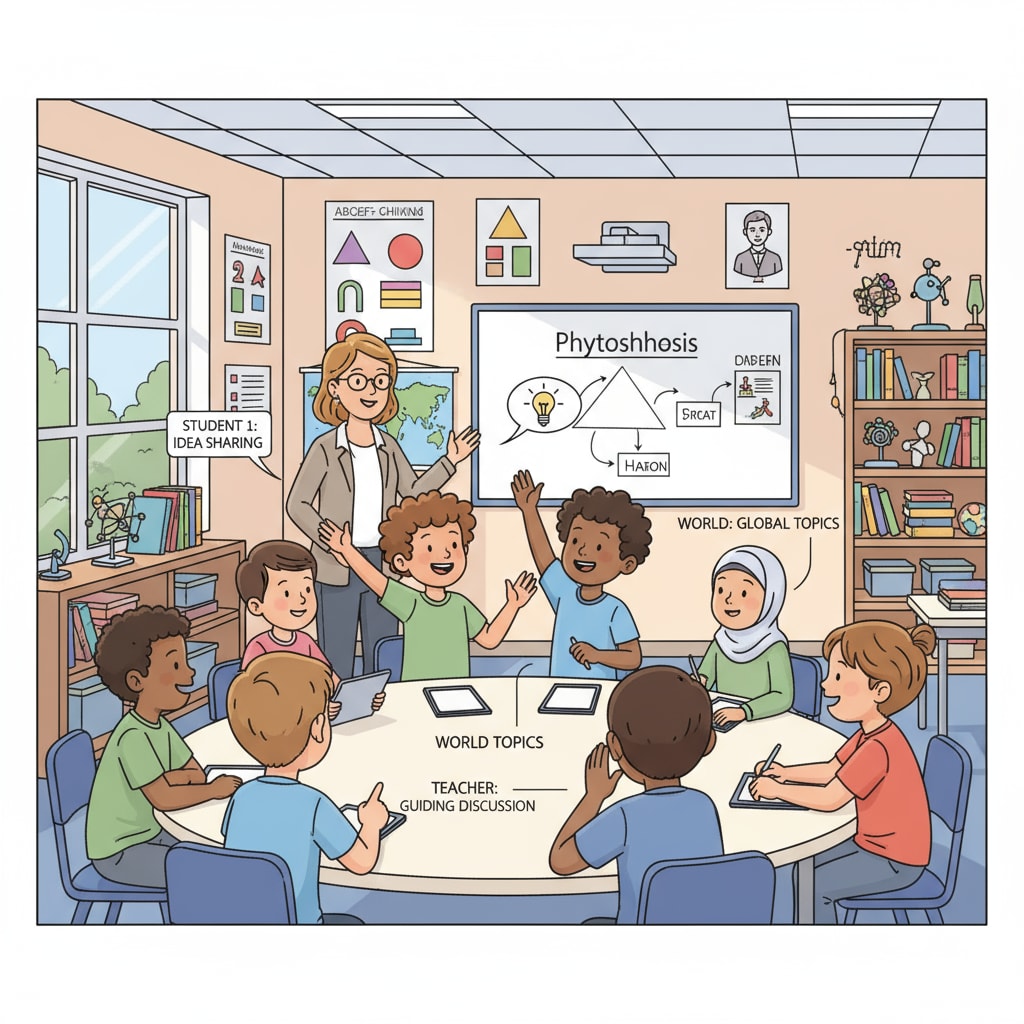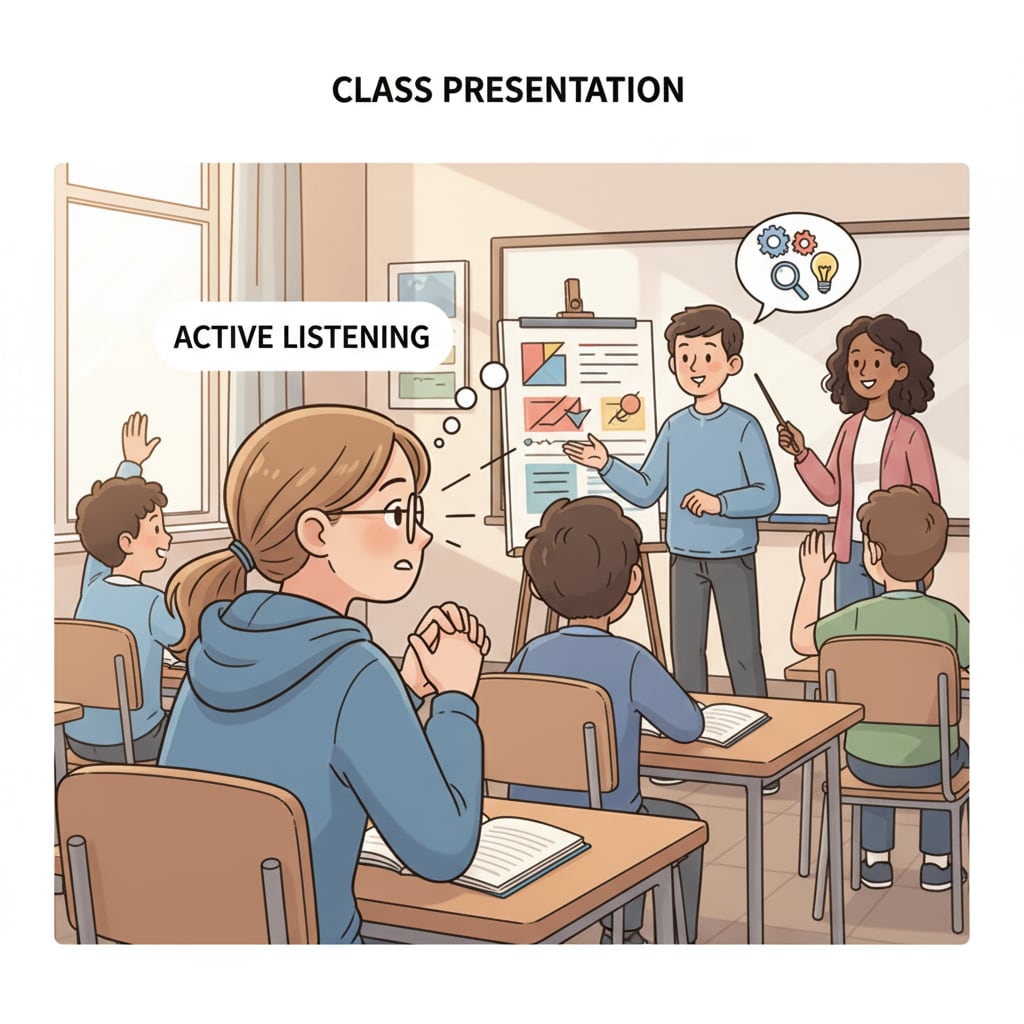Communication skills, dialogue, and active listening are fundamental aspects that play a pivotal role in a student’s educational journey and future success. In the current K12 education system, these crucial elements often take a backseat, despite being the cornerstone of effective interaction.

The Overlooked Nature of Communication Skills in K12
K12 education typically emphasizes academic subjects like mathematics, science, and language arts. While these are important, communication skills are equally vital. However, they are frequently neglected. For example, students may be excellent at solving math problems but struggle to express their ideas clearly during a group project. This lack of attention can hinder their overall development. According to Education Week, effective communication skills can enhance students’ understanding of various subjects and improve their relationships with peers and teachers.
The Components of Effective Communication
Effective communication is a composite skill set that includes empathy, emotional intelligence, expressiveness, and listening abilities. Empathy allows students to understand the feelings and perspectives of others. Emotional intelligence helps them manage their own emotions and respond appropriately. Expressiveness enables them to convey their thoughts clearly, and listening skills ensure they absorb information accurately.

Cultivating Empathy and Emotional Intelligence
To develop empathy and emotional intelligence, educators can incorporate activities that encourage students to put themselves in others’ shoes. Role-playing exercises, for instance, can help students understand different viewpoints. Additionally, discussions about real-life scenarios can enhance their emotional awareness. As a result, students will be better equipped to communicate empathetically. According to the American Psychological Association, teaching empathy can lead to more positive interactions among students.
Enhancing Expressiveness and Listening Skills
To improve expressiveness, students can be given opportunities to present in front of the class, write essays, or engage in group discussions. This helps them organize their thoughts and communicate effectively. For listening skills, activities like listening to podcasts and summarizing the content can be beneficial. In addition, teaching students active listening techniques, such as maintaining eye contact and asking clarifying questions, can greatly enhance their communication abilities.
In conclusion, communication skills, dialogue, and active listening are essential for students in K12 education. By deliberately cultivating these skills, educators can prepare students for a more successful future, both academically and socially. It’s high time we recognize the significance of these overlooked yet crucial aspects of education.
Readability guidance: This article uses short paragraphs and lists to summarize key points. Each H2 section provides relevant information. The proportion of passive voice and long sentences is controlled, and transition words are added throughout for better flow.


